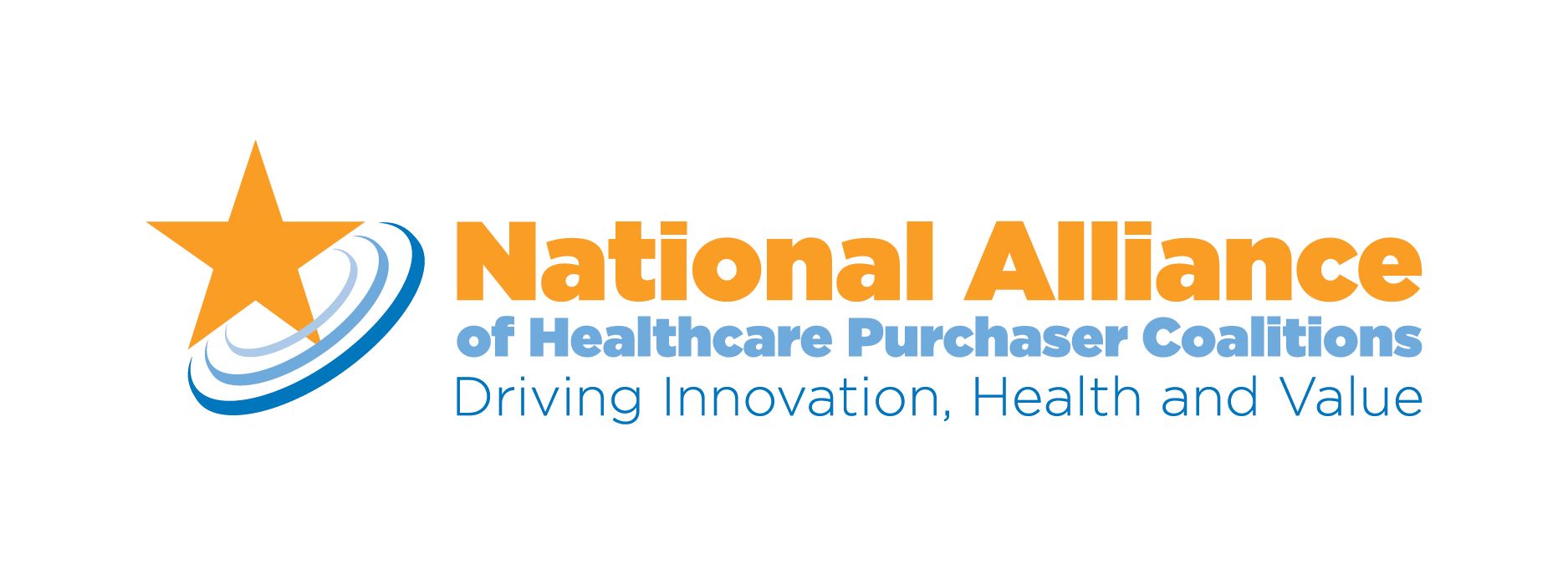
Assessing Investment in Telehealth, Value-Based Care Amid Return to In-Person Care

Michael Thompson, president and chief executive officer of the National Alliance of Healthcare Purchaser Coalitions, speaks on the growth of telehealth and value-based care amid the COVID-19 pandemic, and the influence they will have on care delivery strategies in the years to come.
Amid a return to utilization of in-person health care, telehealth and issues highlighted by the pandemic, such as health equity, will continue to grow in influence within health and well-being strategies, said Michael Thompson, president and chief executive officer of the National Alliance of Healthcare Purchaser Coalitions.
Transcript
AJMC®: Hello, I'm Matthew Gavidia. Today on the
A significant trend toward virtual care was observed in the survey, even among small employers who are currently using or considering telehealth. As we transition to a
Thompson: Telehealth was kind of a ‘nice to have’ before the pandemic. And then it became mainstream care–how we got our care. It was used in ways that none of us anticipated as mainstream medicine.
While I do think that more and more care will continue to go back to being delivered in person, the presence of telehealth will never return to what it was pre-pandemic. I think this is a core part of our delivery strategies going forward, employers are going to be very supportive of that.
It's particularly important in areas like mental health, where there have been serious access issues. And we have demonstrated that you can provide very strong evidence-based care, in some cases even better care in a virtual environment. So, I think virtual care is here to stay.
AJMC®: With social determinants of health and health equity spotlighted amid the pandemic, how will value-based health care factor into delivery reform-based strategies as well?
Thompson: The area of health equity has clearly gotten a lot more emphasis in this past year. And I don't think that is a short-term play or one that will decline. Having said that, I think employers are at a very early stage in their strategies on how to approach it.
The first step I think is to get data to better understand differences in their populations by race, income, and other ethnic ethnicities, and whatnot, and then to look at the effectiveness of their strategies across their populations. If you are trying to optimize your impact, you need to look at subpopulations within your population to understand impact.
It's still pretty early stage, but there are employers that are out in front on this and I think this will become a mainstream priority and strategy going forward—to be responsive to subpopulations within our covered population.
Once the vaccination effort reaches a mature enough level that we can start getting back to normal, I think employers are going to be back looking at their health and well-being strategies with a brand new lens, a lens that has certainly evolved since before the pandemic. And I think it's going to be an exciting period to watch as employers really double down on their health, health care, and now equity strategies.
AJMC®: To learn more, visit our website at AJMC.com. I’m Matthew Gavidia, thanks for joining us!
Newsletter
Stay ahead of policy, cost, and value—subscribe to AJMC for expert insights at the intersection of clinical care and health economics.








